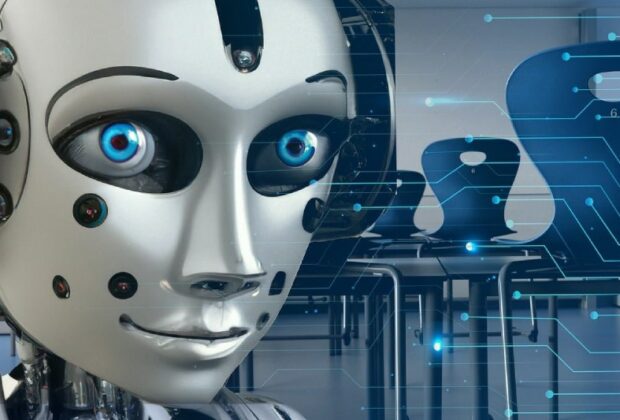The platform consists of a computer system that powers the robot and artificial intelligence (AI) and a suite of software tools that may be used to create robots that resemble humans, such as genAI.
Nvidia announced the news during its yearly developer conference, highlighting the capabilities that genAI will give the robots.
Jim Fan, a research manager and Nvidia’s lead for embodied AI, wrote on X that robots will be able to comprehend commands through language, video, and demonstrations to carry out a range of jobs thanks to GR00T.
“We are collaborating with many leading humanoid companies around the world, so that GR00T may transfer across embodiments and help the ecosystem thrive,” Fan stated.
Furthermore, he stated that Project GR00T is a “cornerstone” of the GEAR Lab’s “Foundation Agent” roadmap. Fan stated that the GEAR team is developing robots that can respond intelligently in a variety of real-world and virtual environments. In the article, he included a video of team members interacting with robots.
“These smarter, faster, better robots will be deployed in the world’s heavy industries,” Rev. Lebaredian, Vice President of Omniverse and Simulation Technologies, stated to reporters. “We are working with the world’s entire robot and simulation ecosystem to accelerate development and adoption.”
The “Isaac” platform refers to the software package, and Nvidia’s “Jetson Thor” powers the genAI software.
According to the company, “Jetson Thor” will provide the robot enough power to compute and carry out complicated tasks. It will also enable the robot to communicate with people and other machines.
Artificial Intelligence:
The new GR00T characteristics along with “Isaac” will allow for “any robot embodiment in any environment,” Nvidia continued.
Reward learning will be used by the tools to teach the program to make better decisions over time.
Nvidia announced it would be offering pre-trained robotics models and additional software to enhance camera sensing capabilities and robotic arm operations in addition to the hardware platform and software.
The CEO of Nvidia, Jensen Huang, stated earlier this month that artificial general intelligence (AGI) might become a reality in as short as five years.
Systems like OpenAI’s ChatGPT are being developed using the company’s artificial intelligence chips, and Huang stated that the emergence of AGI would primarily depend on how the technology is characterized.
“If I gave an AI… every single test that you can possibly imagine, you make that list of tests and put it in front of the computer science industry, and I’m guessing in five years’ time, we’ll do well on every single one,” Huang stated.
At the moment, AI is able to pass exams such as the legal bar exam, but it has not fared well on specialized medical exams like gastroenterology.
However, given how quickly AI can advance and learn, many people are worried that robots will take over humanity.
According to a research that the U.S. government commissioned and released earlier this month, there is a “clear and urgent need” to take action because rapidly advancing artificial intelligence has the ability to weaponize humans and cause them to go extinct.
“Given the growing risk to national security posed by rapidly expanding AI capabilities from weaponization and loss of control — and particularly, the fact that the ongoing proliferation of these capabilities serves to amplify both risks — there is a clear and urgent need for the U.S. government to intervene,”
The government should strengthen regulations on the production and export of AI chips, according to the report.








